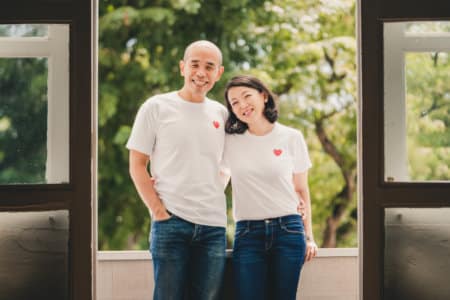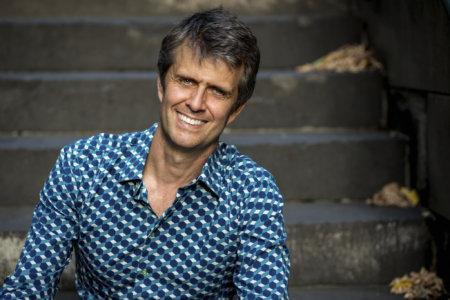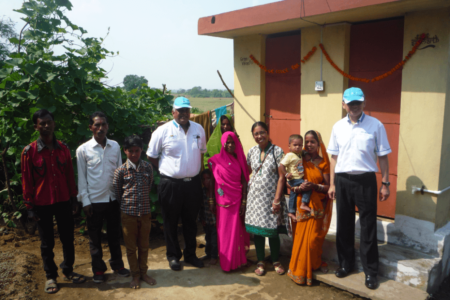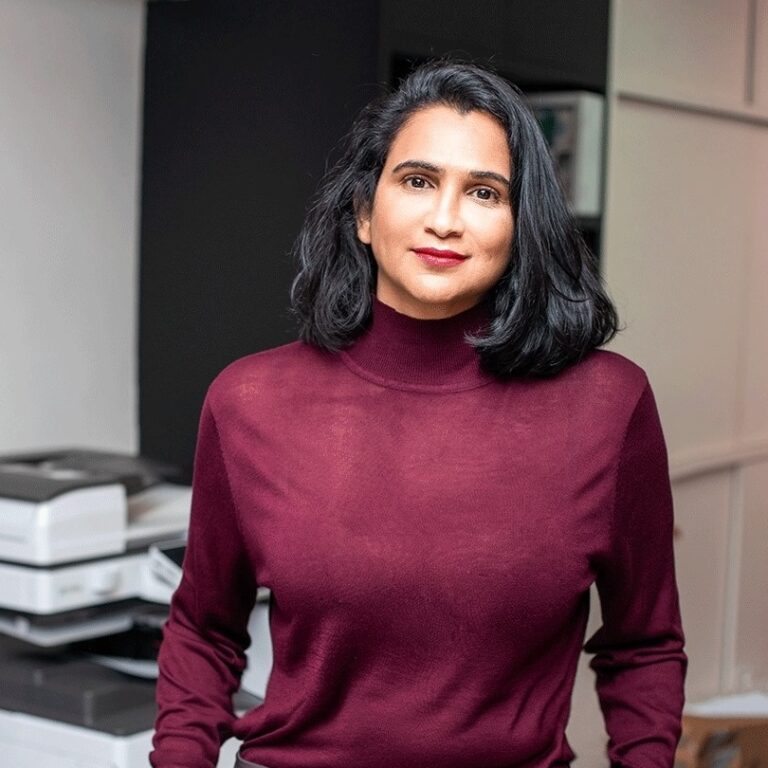
Before Devika Das was a female coach contributing to Forbes.com and a member of the Harvard Business Review Advisory Council, she was seen as another expat mother and wife. Her identity was an extension of her husband’s, and she was viewed as his “plus one.”
That is, until she started working with a coaching and training company in China. Over the span of 10 years, she gained insights and experiences that shaped her understanding of human behaviour.
“I became intrigued by individuals who effortlessly exuded confidence and authority without overt displays of power. This fascination led me to study body language and international etiquette in Switzerland and Washington,” she says.
Das would go on to amass decades of experience as a female coach, giving support and direction to many searching for both personal and professional success.
“These women, whether working at home or in an office setting, often grappled with their identities, the desire to establish themselves, and the weight of personal, social, and familial expectations,” she says.
“You know, I remember looking at myself and thinking this is what Oprah does, and I’m doing what Oprah does without an audience,” she jokes.
We caught up with Das to learn more about how more women can become leaders, the challenges she faced as a female coach and her decision to join INSEAD:
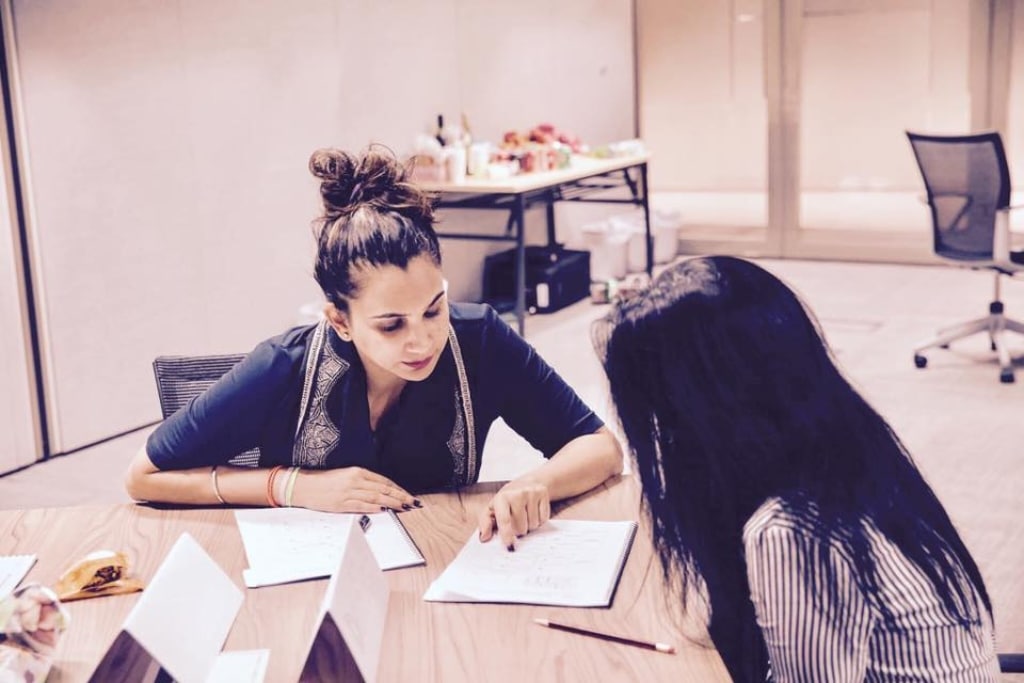
Female coach Devika Das provides young women with the tools, strategies and confidence to overcome obstacles and achieve their goals. Source: Devika Das
What is the top barrier women executives face when competing for leadership positions, and how do you help them overcome this as a female coach?
One of the primary concerns women face in establishing presence and confidence as leaders is the need to recognise and accept their inner leader. Unfortunately, society’s expectations for women often differ from those of male leaders, making it essential for women to find their leadership strength within themselves. While societal conditioning may take time, women can work on believing in themselves and embodying leadership characteristics to help the world adjust.
Instead of seeking external validation or encouragement, women should draw upon their inner strength and belief in their leadership abilities. This approach can help overcome the challenges many women encounter, particularly those in middle age raised in cultures where marriage was considered the greatest accomplishment while career pursuits were secondary.
One way to change this conditioning is through validation and encouragement. It’s important for women to first acknowledge and believe in their own strength and leadership abilities. This can provide a strong foundation.
In many cultures, women are still expected to prioritise marriage over career pursuits. This can be seen in the pressure on young girls to play with dolls while boys are encouraged to build with Lego.
However, as times change and more women break barriers in the workforce, women must challenge these societal expectations and beliefs.
They must draw upon their inner strength and belief in their own abilities.
Embracing one’s inner leader and recognising the value of personal experiences can empower women to establish presence and confidence as leaders. By focusing on self-belief and inner strength, women can challenge societal expectations and pave the way for future generations of female leaders.
I help women leaders see themselves as leaders before they expect anyone else to. I think we need to understand self believe, and validate ourselves before offering ourselves to somebody else for feedback.
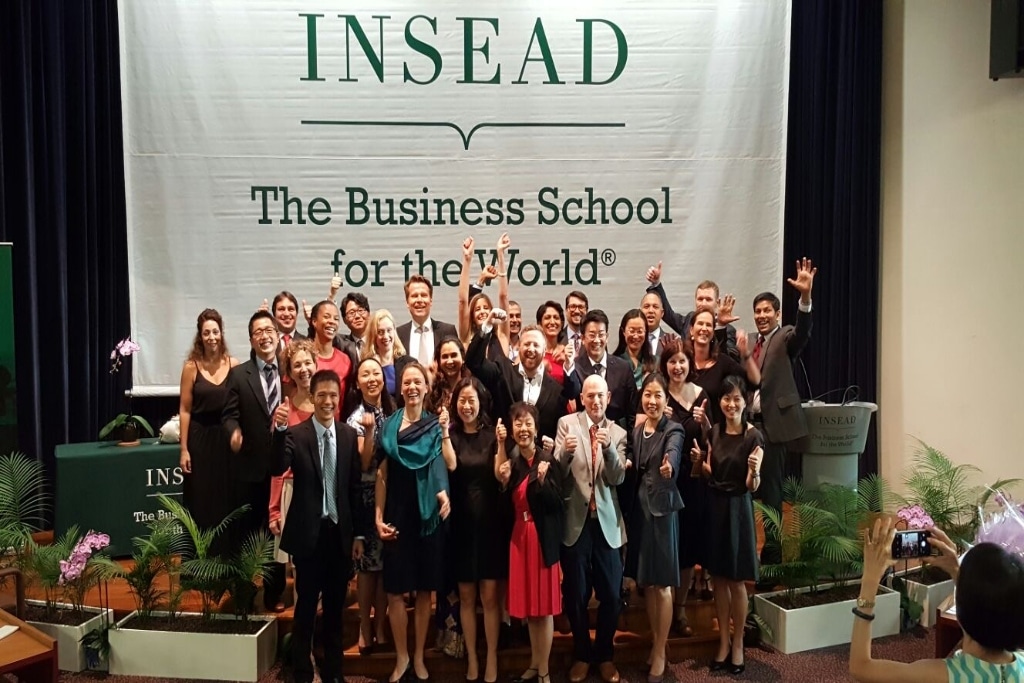 INSEAD played a big role in Das’s journey as a female coach.
INSEAD played a big role in Das’s journey as a female coach.
You have acquired an impressive list of work experience. What made you decide to do an EMC?
I am immensely grateful to INSEAD for accepting me as a student. As a woman with deep insecurities back then, I never imagined that I would be considered worthy of attending such a prestigious business school. I doubted my academic abilities and experience, unsure if I truly belonged in this esteemed institution. However, there was a moment when I found some innate faith in myself and decided to apply.
I submitted my 14 essays for admission and was subsequently invited for an interview. Upon entering the interview room, I was greeted by a kind professor named Roger. He asked me questions about my life based on my autobiographical essays. Not only had he read all 14 essays, but he had also read between the lines — an act of generosity, in my opinion.
Despite feeling unconfident about my chances of being accepted, I expressed my gratitude to Roger for the opportunity to interview. I even told him it would likely be my first and last time setting foot in such a renowned business school. I believed that taking a chance on someone like me could be detrimental to his academic career.
Having self-doubt, I even told him at the end of the interview, “You don’t have to admit me into the programme. I know I’m not good enough.” However, Roger saw something in me. He did not let his career be impacted by the decision to take a chance on me, and ultimately, I became part of the group.
Initially, I experienced imposter syndrome and felt less accomplished than my peers. Yet someone took a chance on me, providing an opportunity to prove myself. As women, we often feel that we are not good enough and must be exceptional before taking chances on ourselves.
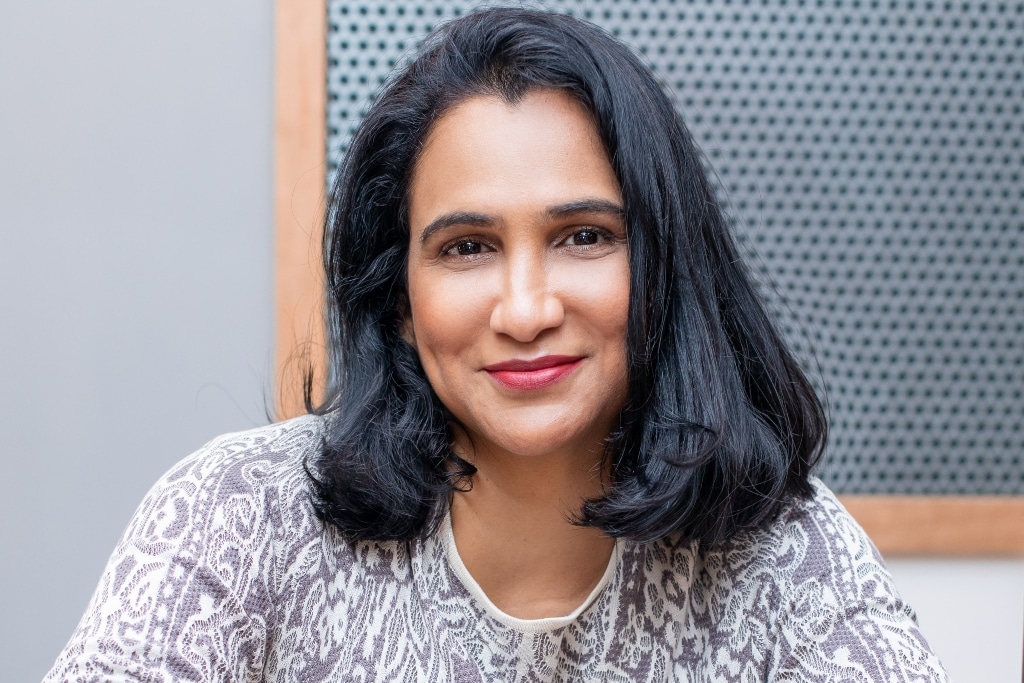 As a female coach, Das was able to help not only other women become more confident but herself as well.
As a female coach, Das was able to help not only other women become more confident but herself as well.
Having worked in India, Sri Lanka, Egypt, Indonesia, China and Hong Kong, what challenges have you faced as a female coach and woman in business, and how did you overcome them?
Over the past 25 years since leaving India, my experiences as a woman have varied greatly. Initially, my identity was closely tied to my husband’s, and I was viewed as his plus one. This connection persisted for some time, gradually lessening over the next five years. Once our children were born, my identity shifted towards being their mother.
As midlife approached, I began searching for my own identity and striving to establish my place in the world. This desire often arises during this stage of life as women seek to leave a legacy and ask themselves, “What about me?” As my teenage children gained independence, I found myself in another transitional phase, reassessing my life’s direction.
Throughout these phases, societal norms and biases have been present. Every city and culture has its own set of expectations and prejudices. While it is now more common to see brown women in leadership roles than it was 25 years ago, biases still exist based on both gender and race. Rejection can be painful, but it has also fuelled personal growth.
In my journey, I have aimed to set an example for myself and my two daughters by living a full life rather than an unlived one.
One experience I remember was in Hong Kong when I was going for job interviews right after moving there. I was told by somebody, “We like you, but we aren’t sure the others would like to work with you.”
The world is constantly changing, and today we have many inspiring role models to look up to. Despite the challenges faced due to biases as a brown woman, these experiences have shaped me into the person I am today.
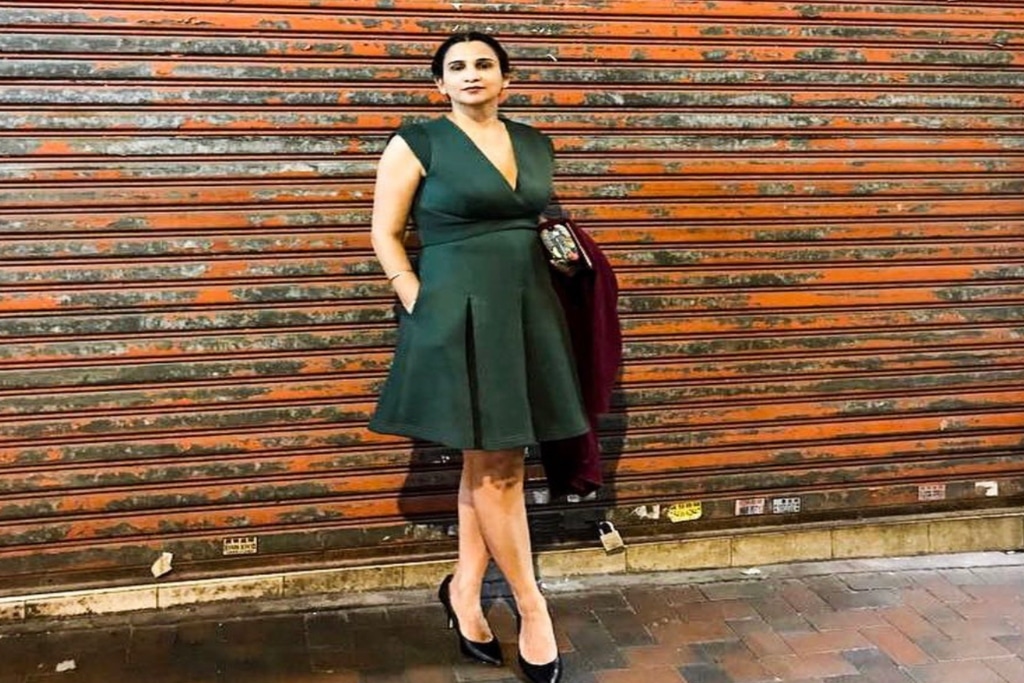 Das is grateful for her family who has constantly supported her dreams and goals.
Das is grateful for her family who has constantly supported her dreams and goals.
Did you face any resistance from your company or family when you told them you wanted to pursue a master’s degree?
I’ve been fortunate to have had support from my family and ex-boss throughout my journey. Their encouragement has been invaluable to me. Despite my strong conviction in my decisions, I understand it might have surprised them sometimes.
When I made the decision to attend INSEAD, for instance, it was a clear choice for me but perhaps not as obvious for them. They didn’t want to kind of burst my bubble, so they chose to support me.
But I know they are proud, and that means a lot.
What is the top lesson you learned during your time at INSEAD?
My biggest takeaway is the diversity I experienced. It wasn’t just about the money or how much you make, it was about the change that you’re bringing to the world that is beyond your own self.
It’s not about scoring points, it’s about personal growth being an ongoing journey of self-discovery and acceptance.
Devika Das is part of INSEAD’s 2024 Limitless Women campaign: Ambition Has No Gender. This year they aim to highlight the stories of extraordinary women who are driving meaningful impact in their communities and beyond.








